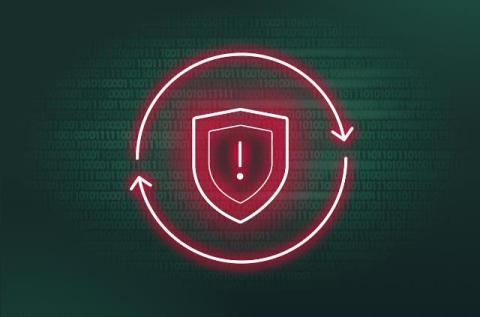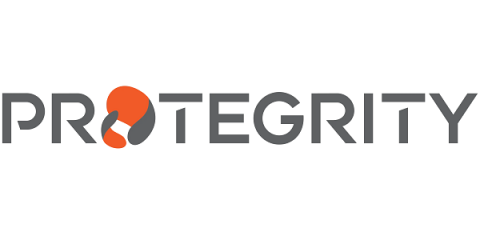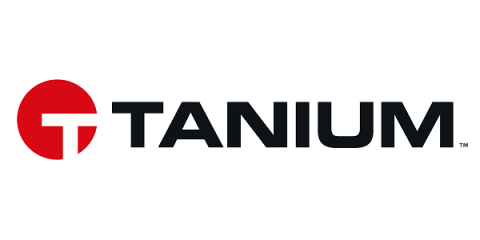Are You in Sync with Your Security Vendor?
In today’s rapidly evolving threat landscape, the relationship between a security vendor and its customer is more critical than ever. As information security professionals, the pressure to ensure robust security postures is constant. Yet, the tools and services relied upon often fall short due to a fundamental disconnect between vendors and their customers.









